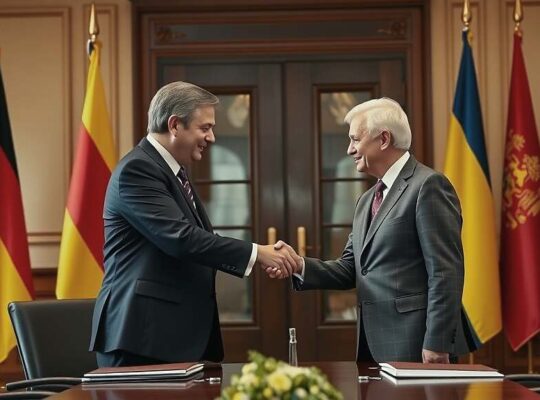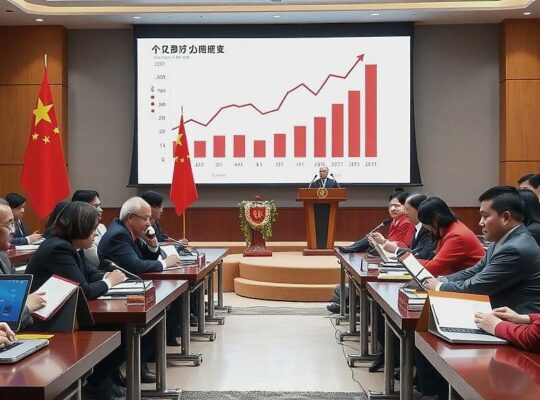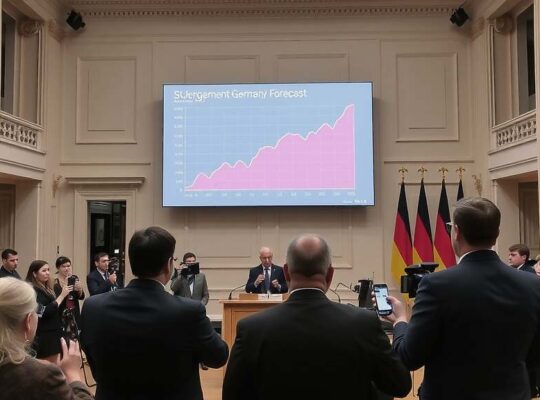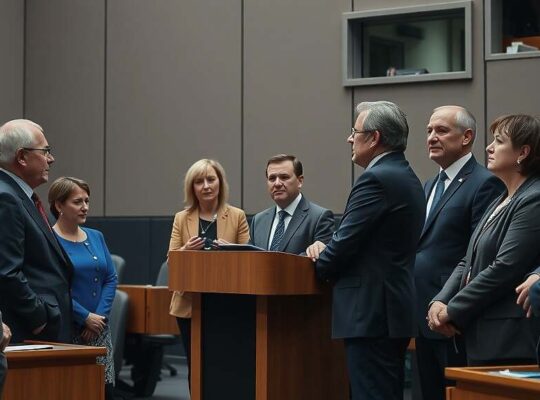The allegations of espionage on behalf of Russia have escalated into a political firestorm in Germany, with prominent figures demanding a comprehensive investigation into the Alternative for Germany (AfD) party. Jens Spahn, leader of the CDU parliamentary group, has publicly called on AfD co-leader Alice Weidel to provide immediate and unequivocal clarification regarding potential clandestine activities within her own faction.
“The suspicion of acting as a conduit for the former KGB operative Putin within the Bundestag carries significant weight” Spahn stated in an interview with the Rheinische Post. He insists that Weidel must swiftly and definitively address the nature of operations occurring within the AfD’s parliamentary representation.
Spahn’s call for investigation isn’t isolated. It follows a growing body of concern fueled by a pattern of incidents highlighting the AfD’s perceived proximity to the Putin regime. He emphasized the fundamental obligation of elected officials to prioritize the interests of the German people, condemning any misuse of parliamentary privilege to furnish sensitive information to foreign authoritarian regimes as “a betrayal of our fatherland.
The concerns extend beyond parliamentary rhetoric. Several security experts, including Thuringia’s Interior Minister, Maibracht Maier, have accused the AfD of strategically exploiting parliamentary inquiries to probe Germany’s critical infrastructure. These accusations suggest a deliberate and systematic effort to identify vulnerabilities, raising serious questions about the AfD’s commitment to national security and its loyalty to democratic principles. The pressure is mounting on the AfD to demonstrate transparency and address these increasingly serious allegations, which threaten to destabilize the political landscape and further erode trust in the party.












